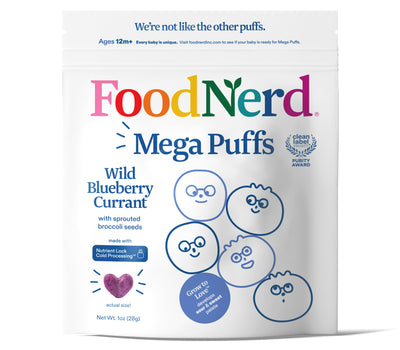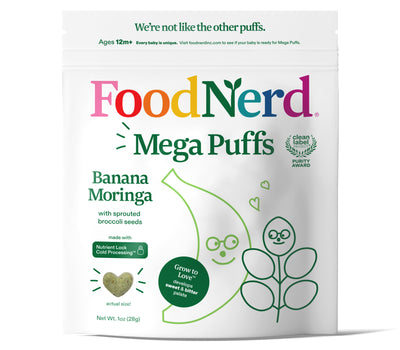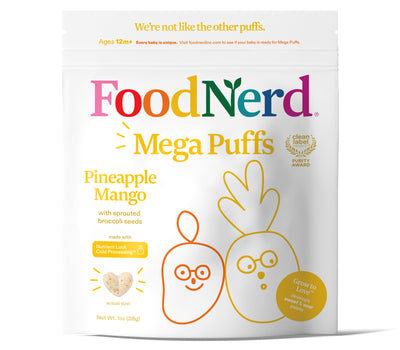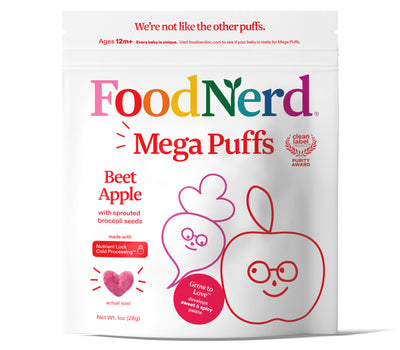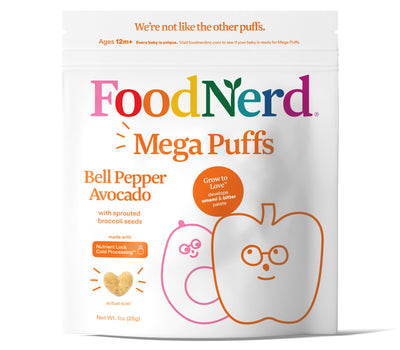In our previous blog post, we talked about what the microbiome is, what it does for us, and what you can do to positively impact it.
Now more than ever, it is important to make sure that our immune system is working in tiptop shape. What does the gut microbiome have to do with our immune system? Simply put - a whole lot!
Before we get into the specifics, let’s begin with a basic understanding of how our immune system works.
Understanding the Immune System
It is very important that our immune system does its job well - our survival depends on it!
The immune system works very hard at protecting the body from “foreign invaders” or organisms that cause disease (also called pathogens). Our immune system recognizes these foreign invaders and destroys them.
When our immune response is triggered by an injury, infection, or disease it results in inflammation. Think what would happen if you cut yourself - the injured area becomes red, swells, and is usually painful. Inflammation is our body's way of healing itself (more blood is sent to the injured area and the feeling of pain makes us want to protect that area of our body).
This is called acute inflammation, or a short-term immune response (usually lasts for only a few days).
On the other hand, chronic inflammation is slow and happens over a long period of time - it can last for several months or even years. Chronic inflammation is associated with several diseases, including type 2 diabetes, non-alcoholic fatty liver disease (NAFLD), heart disease, cancer, depression, autoimmune diseases, and neurodegenerative diseases. Chronic inflammatory diseases are the most significant cause of death in the world today.
According to research, common triggers for chronic inflammation are lack of physical activity, diet, imbalances in the microbiome, obesity, stress, social isolation, and disturbed sleep.
So now that we are up to speed with the immune system, how does the gut microbiome affect it?
The immune system is found throughout the body, however, the majority of it is found within the gut. This is called the GALT or gut-associated lymphoid tissue. We will refer to the GALT as the “gut immune system”. The gut immune system and the microbiome work together in a mutually beneficial way.
How the Microbiome Benefits the Immune System
The microbiome plays an important role in shaping and maintaining the gut immune system. In fact, there is a lot of communication that happens between the immune system and the bacteria in the microbiome.
For example:
- Microbes found within the microbiome are needed for the development of the gut immune system, which “learns” to tell the difference between bacteria in the gut microbiome and disease-causing (pathogenic) bacteria.
- Studies have shown that germ-free mice (mice bred to have no microbiome whatsoever) have a weakened immune system. These mice produce fewer immune cells than what is considered normal, which puts the animal at a greater risk for infection and disease.
- The gut microbiome impacts the development and function of white blood cells that help the body to fight infection.
The gut microbiome also:
- Produces signals that can trigger an immune response.
- Protects the body against pathogens by competing for nutrients that feed their growth. It can also affect the conditions of the “microenvironment” (gut environment), such as oxygen levels and pH, which can interfere with the growth of pathogens.
- Provides indirect protection of the immune system by sending signals that result in the development of mucosal-associated lymphoid tissue (MALT), which is distributed throughout the body.
How the immune system benefits the microbiome:
- IgA (a protein produced by the immune system to fight infection) impacts the composition of the gut microbiome by promoting the growth of mutually beneficial microbes and also protects it from harmful pathogens.
How Does an Imbalanced Microbiome Affect the Immune system?
Dysbiosis occurs when there are imbalances in the diversity of microbes living within the gut microbiome. These undesirable changes can make it harder for the immune system to do its job.
Dysbiosis may even influence the development of autoimmune diseases (when the immune system malfunctions and attacks healthy cells), such as irritable bowel disease (IBD), celiac disease, rheumatoid arthritis, and multiple sclerosis, among many others.
It has been theorized that dysbiosis of the microbiome caused by environmental factors such as lifestyle plays a very important role in the development and progression of chronic inflammatory diseases.
More research needs to be done on this topic; however, current research shows that each chronic disease is associated with loss of microbial diversity in the gut.
Probiotics & Immune Function
The World Health Organization defines probiotics as ‘live microorganisms that when administered in adequate amounts provide health benefits to the host’. In a nutshell, probiotics help to repopulate our gut microbiome with beneficial bacteria (helps to correct dysbiosis). Probiotics may be ingested in the form of food, supplements, or pharmaceuticals.
Research has shown that probiotics may benefit our health in a variety of ways. For example, probiotics may assist with immune function, digestion, nutrient absorption, the production of vitamins, and help to protect us from harmful organisms.
Probiotics may affect the immune response directly by changing the population of microbes in the microbiome. Additionally, probiotics help aid the gut wall in acting as a barrier against pathogens and toxins by competing with them for nutrients and attachment sites.
The important thing to remember here is that probiotics can be beneficial to our immune system and overall, beneficial to our health. That being said, it is important to choose a high-quality probiotic in order to reap the benefits.
This may be difficult since there are some many probiotic products out there these days!
Bottom line: Make sure that you educate yourself on how to choose a probiotic that is best for you. A resource to help you with this is the International Scientific Association for Probiotics and Prebiotics.
Conclusion
It is truly amazing how the tiny organisms that make up our microbiome can have such a significant impact on our health, including our immune function.
The microbiome is paving the way for new advances in medicine that would change how we treat chronic inflammatory diseases.
For example, researchers are currently studying how the microbiome can be used to help prevent and treat chronic disease through diet, probiotics, and fecal transplantation.
Key Takeaway: Support your microbiome with healthy lifestyle changes and high-quality probiotics. By doing so, you will not only support your immune system but will also support your overall health and well-being.
Sources:
- Mezouar, Soraya, et al. "Microbiome and the immune system: From a healthy steady-state to allergy associated disruption." Human Microbiome Journal 10 (2018): 11-20.
- Pronovost, Geoffrey N., and Elaine Y. Hsiao. "Perinatal interactions between the microbiome, immunity, and neurodevelopment." Immunity 50.1 (2019): 18-36.
- Lazar, Veronica, et al. "Aspects of gut microbiota and immune system interactions in infectious diseases, immunopathology, and cancer." Frontiers in immunology 9 (2018): 1830.
- Childs, Caroline E., Philip C. Calder, and Elizabeth A. Miles. "Diet and Immune Function." (2019): 1933.
- Furman, David, et al. "Chronic inflammation in the etiology of disease across the life span." Nature medicine 25.12 (2019): 1822-1832.
- Levy, Maayan, et al. "Dysbiosis and the immune system." Nature Reviews Immunology 17.4 (2017): 219.
- "Probiotics.” International Scientific Association for Probiotics and Prebiotics, https://isappscience.org/for-consumers/learn/probiotics/. Accessed 31 March 2020.
- Wilkins, Lamont J., Manoj Monga, and Aaron W. Miller. "Defining Dysbiosis for a cluster of chronic diseases." Scientific Reports 9.1 (2019): 1-10.
- Viennois, Emilie, Andrew T. Gewirtz, and Benoit Chassaing. "Chronic inflammatory diseases: are we ready for microbiota-based dietary intervention?." Cellular and molecular gastroenterology and hepatology 8.1 (2019): 61.
 About the Author: Trish Shea
About the Author: Trish Shea
Trish graduated from UB with a Bachelors in Exercise Science and a Masters in Dietetics from D’Youville College. She also served in the Army National Guard as a Healthcare Specialist. She is passionate about using food as medicine and physical activity to look and feel our best. Connect with her at trisha.shea17@gmail.com.
